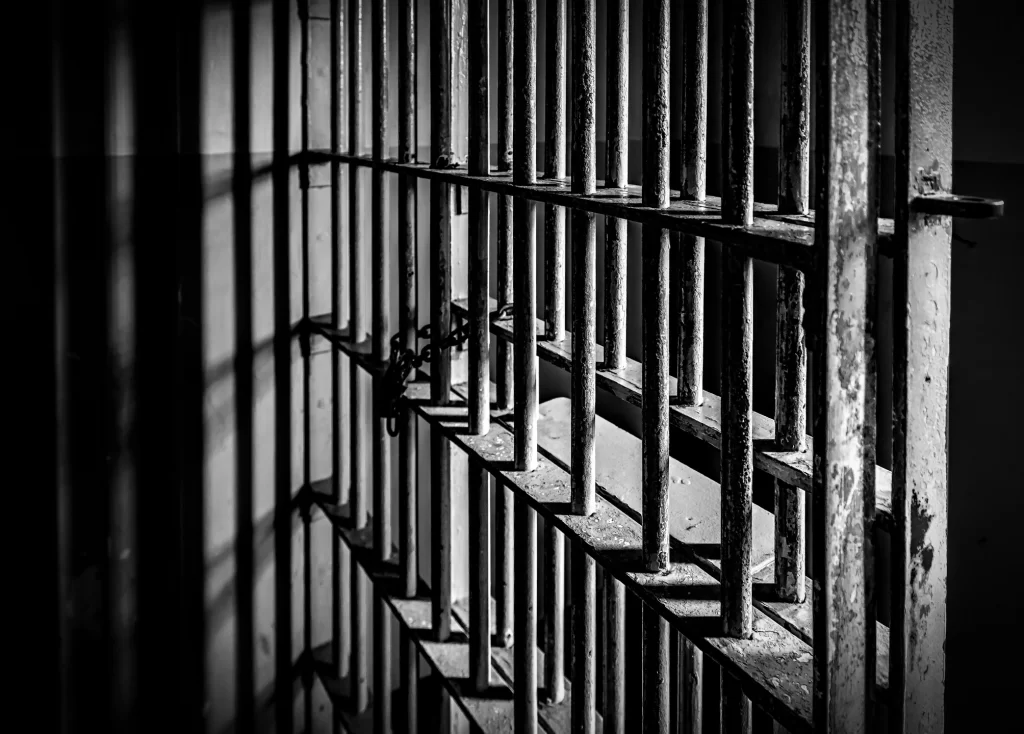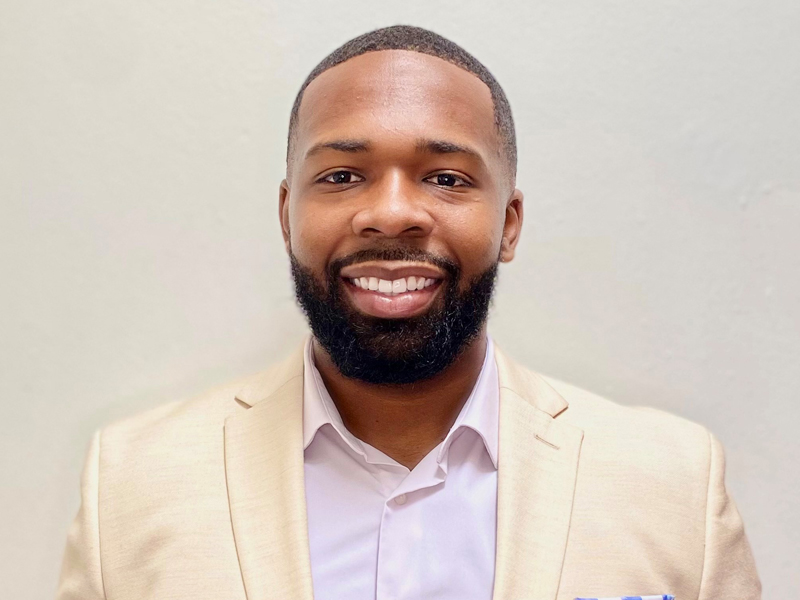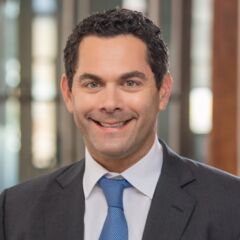MOST SUCCESSFUL BLACK McDONALD’S FRANCHISE OPERATOR FACES RACIAL DISCRIMINATION, FORCED TO SELL 7 STORES TO WHITE OWNERS
“Targeted for Extinction”: Former Michigan State University Track Star and Oakland A’s Player Herb Washington’s Civil Rights Lawsuit Details How McDonald’s “Redlines” Black Owners Into Sub-Par Locations and Is Now Driving Black Franchisees Out of Its System.
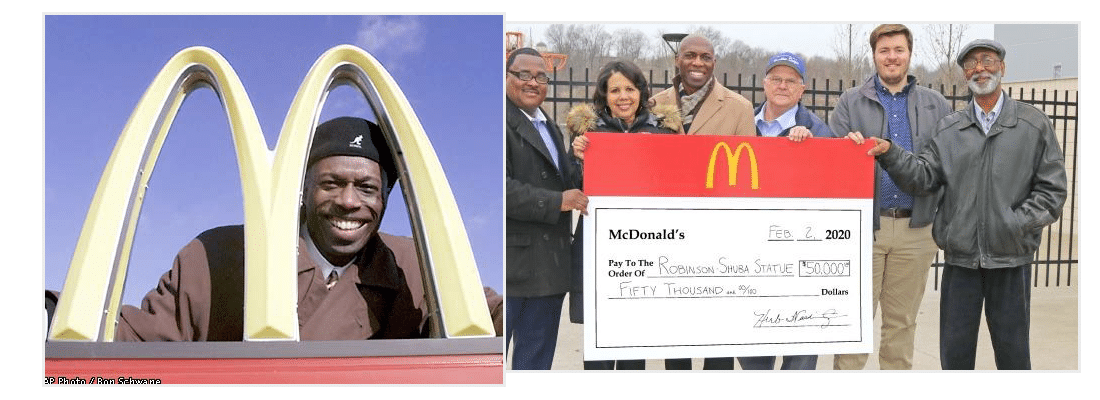
WASHINGTON, D.C. – February 16, 2021 — Herb Washington, a college track star at Michigan State University, former Oakland A’s player, community leader, and one of the most notable success stories in Black American business history, filed a civil rights lawsuit today against fast-food giant McDonald’s, exposing the company’s campaign of racial discrimination and retaliation against him as a Black franchisee. The complaint filed by the law firm Peiffer Wolf Carr Kane & Conway details how McDonalds “redlined” Washington and other Black store owners into its least desirable locations, withheld advantages provided to White store owners, and then, in the case of Washington, systematically dismantled his 27-store chain empire in New York, Pennsylvania and Ohio – forcing him to sell seven stores in the last three years and, in every case, to White owners.
Despite McDonald’s hostility to Black franchise owners and being relegated to sub-par locations with an average of $700,000 less in annual sales per store than White owners, Washington became the largest Black McDonald’s restaurant operator in the United States. Washington succeeded against incredible odds posed in the form of obstacles created by McDonald’s to impede and undermine Black store owners. McDonald’s put the screws to Washington when he objected to its discriminatory treatment of himself and other Black store owners, saying that he is “not a house negro and will not be treated like one.”
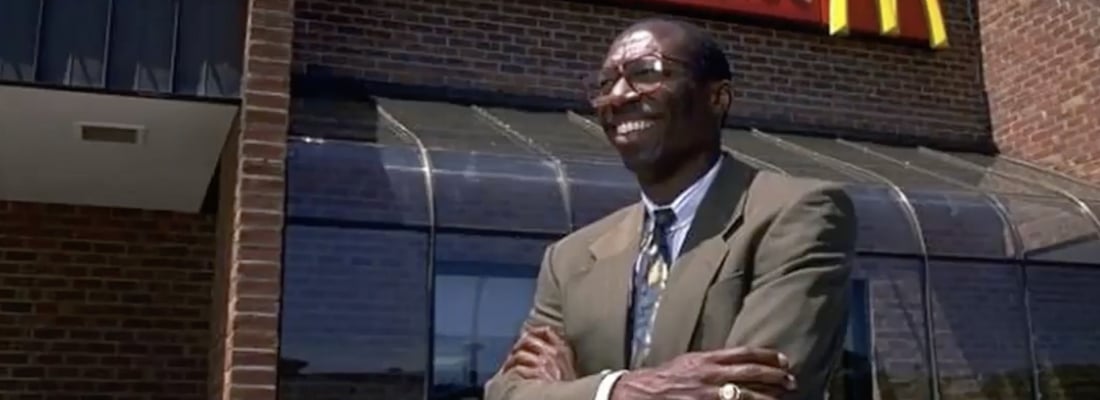
Herb Washington said: “There are two McDonald’s systems: one that is designed for White owners to flourish and grow and another that is designed to pigeonhole and oppress Black owners. I will no longer give up my seat on the bus for White franchisees. After four decades in the McDonald’s system, I have been targeted for extinction. When I stood up for myself and other Black franchisees, McDonald’s began dismantling my life’s work, forcing me to sell one store after another to White operators. At the very same time, McDonald’s deemed my 35-year-old son ineligible to purchase any stores. While it may look like a multicultural Mecca in TV commercials, the McDonald’s experience for Black franchisees is one of redlining and retaliation. Behind the curtain, McDonald’s is about cultural appropriation and restricting the transfer of intergenerational wealth in the Black community.”
Joseph Peiffer, managing partner, Peiffer Wolf Carr Kane & Conway, said: “If a Black business leader like Herb Washington can be silenced for speaking up against racial discrimination by a major U.S. corporation, then what Black business person is safe? McDonald’s acknowledged its discriminatory racial-steering policy decades ago and promised to ensure parity for its Black franchisees, but then failed to do so. If anything, it’s even worse today for Herb Washington and other Black store owners. In 1998, there were 377 Black franchisees in the McDonald’s system. Now there are 186. These numbers lay bare McDonald’s intentionally racist policies and practices toward Black franchisees.”
Kevin Conway, partner, Peiffer Wolf Carr Kane & Conway, said: “While McDonald’s has joined the chorus of brands releasing hollow solidarity statements in support of Black Lives Matter and has launched a marketing campaign to profit from that movement, it has done nothing to change its own internal policies that perpetuate systemic racism by disadvantaging and squeezing out its Black franchise owners.”
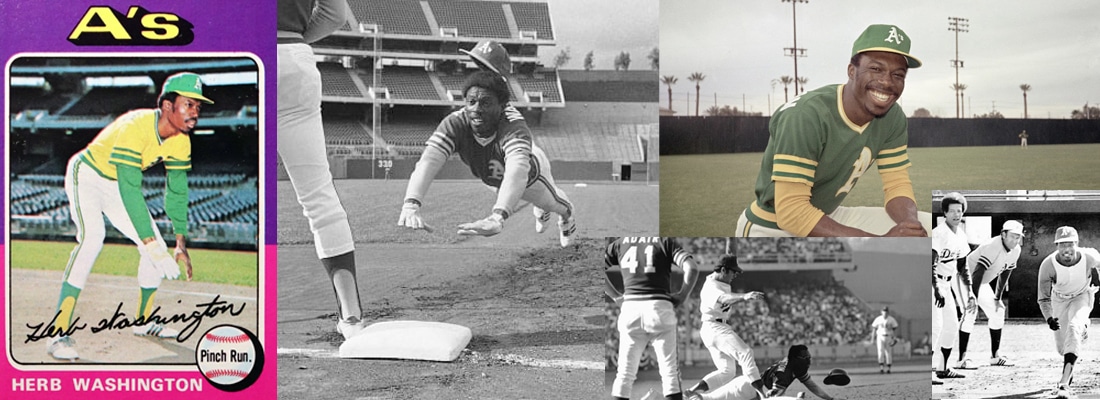
When the McDonald’s franchise system was established in 1955, its restaurants were located only in White neighborhoods and owned exclusively by White franchisees. During the 1960s, White flight to the suburbs led to changing neighborhood demographics, with McDonald’s locations once in predominantly White neighborhoods now located in predominantly Black ones.
In the wake of protests after the murder of Dr. Martin Luther King, McDonald’s recognized its first Black store owner in 1968. In 1996, McDonald’s admitted its policy of “redlining” Black operators into less desirable store locations, with Executive Vice President Thomas S. Dentice writing: “for business reasons we thought valid at the time, the Company has placed many Black Franchisees in restaurants that have not allowed them to achieve the same level of economic success as their peers.” He promised to “create and implement a strategy designed to achieve parity for African American franchisees.”
However, such promises remain unfulfilled as, one by one, Black franchisees are pushed out of the McDonald’s system and those remaining continue to earn vastly less than White franchisees because of McDonald’s longstanding and demonstrable disparate treatment of Black franchisees.
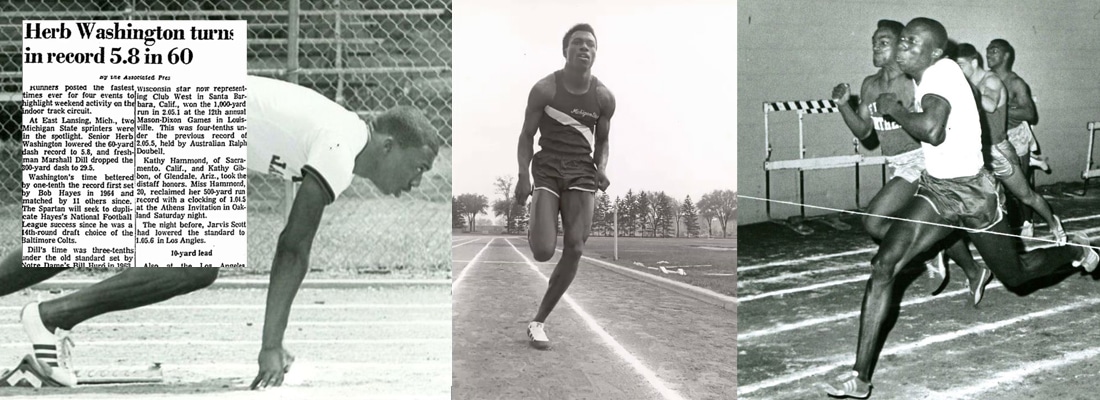
Peiffer said: “Herb Washington remained in the McDonald’s system because McDonald’s continued to promise that it would end its history of discrimination and achieve parity. He reasonably believed that once parity was achieved, the revenue and profitability numbers McDonald’s touts would finally be obtainable for him. While he has been waiting for fair and equal treatment, McDonald’s has enjoyed a steady stream of rent and fees from our client’s efforts and success under racially discriminatory circumstances. Now, McDonald’s is working to dismantle his life’s work to create the illusion of parity in cash flow between White and Black franchisees. And it is targeting Herb Washington because of his opposition to the relentless discrimination he has endured in the McDonald’s system.”
Rev. Jesse Jackson: “There is a growing crisis emerging between McDonalds and its Black owner operators […]. Herb Washington is a man of integrity, having served on the board of the Federal Reserve Bank for many years. His lawsuit against McDonalds has my attention and I am concerned about its resolution. McDonalds needs to implement a respect-based plan for Black operators.” (See full Press Statement)
Before becoming a McDonald’s franchisee, Washington was a world-class athlete. He attended Michigan State University on a track scholarship. Washington was a four-time All-American, won seven Big Ten Titles and an NCAA championship, and narrowly missed the 1972 Olympic track team.
In 1972, Washington participated in a protest at a Michigan State men’s basketball game over the lack of Black coaches and officials in the Big Ten. As a scholarship athlete, it was a huge risk for him to take. But he believed then, as he believes now, in standing up to injustice. The following season, Tom Rucker became the first Black men’s basketball official in the Big Ten.
After graduating from Michigan State, Washington played for the Oakland Athletics professional baseball team from 1974–75, including a trip to the Word Series. Four years later, he became a McDonald’s franchisee.
The law firm Peiffer Wolf Carr Kane & Conway maintains offices in Cleveland, Youngstown, St. Louis, New York, Los Angeles, San Francisco, Austin, and New Orleans.
DOWNLOAD EXHIBIT TO COMPLAINT HERE
MEDIA CONTACT:
Max Karlin at (703) 276-3255 or [email protected]
PRESS EVENT DOCUMENTS AND FILES
Civil Rights Matters in the News
Yes. Please call us or use our contact form to request a Free Case Evaluation. We have a national team of attorneys and staff who look forward to speaking with you.
Typically, we represent clients on contingency fee agreements. If we take your case under a contingency fee arrangement, you won’t owe our firm any legal fees unless we are able to recover money for you.
Our contingency fee agreements are usually based on a percentage of the amount we recover for our clients. The contingency fee amount is determined by the type of case, our estimate of how long it will take to resolve your case, and our estimate of the litigation costs we will advance in your case. Each engagement agreement includes the details of the fee arrangement. Questions about our fee agreements are welcomed and encouraged.
In most litigation matters, it is extremely difficult – practically impossible – to predict how long it will take to resolve a particular case. Every case is different, and we will do our best to provide you with an estimate based on your case and our experience with similar cases. Moreover, we will do our best to keep you updated and manage expectations along the way.
We handle cases that change lives. Contact us today for a FREE consultation.


